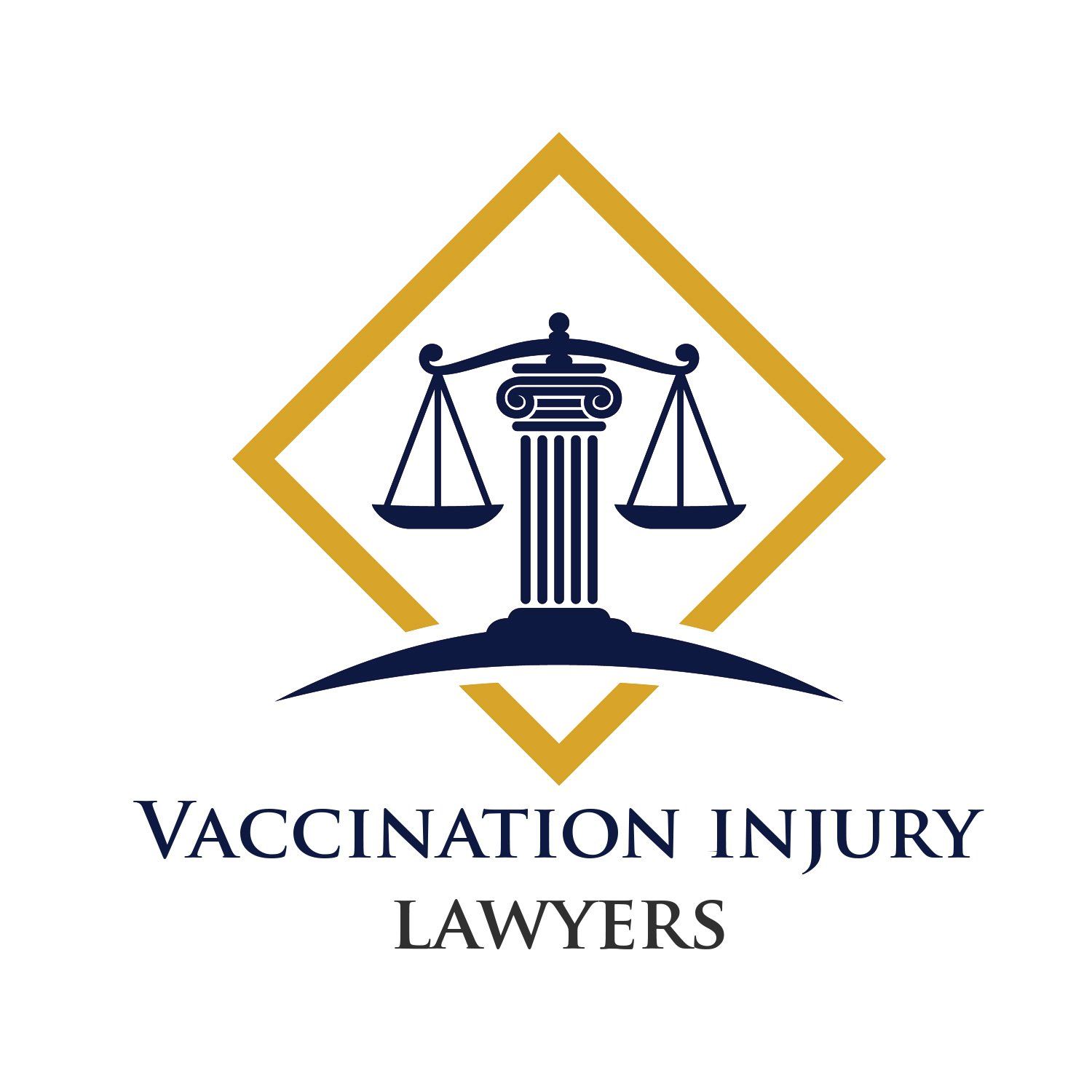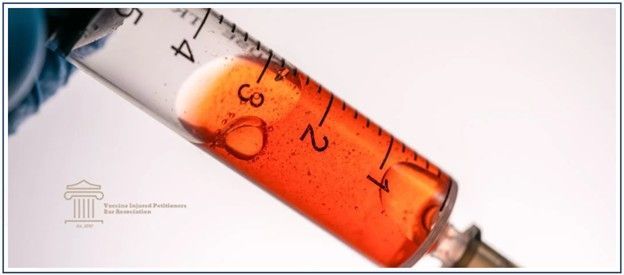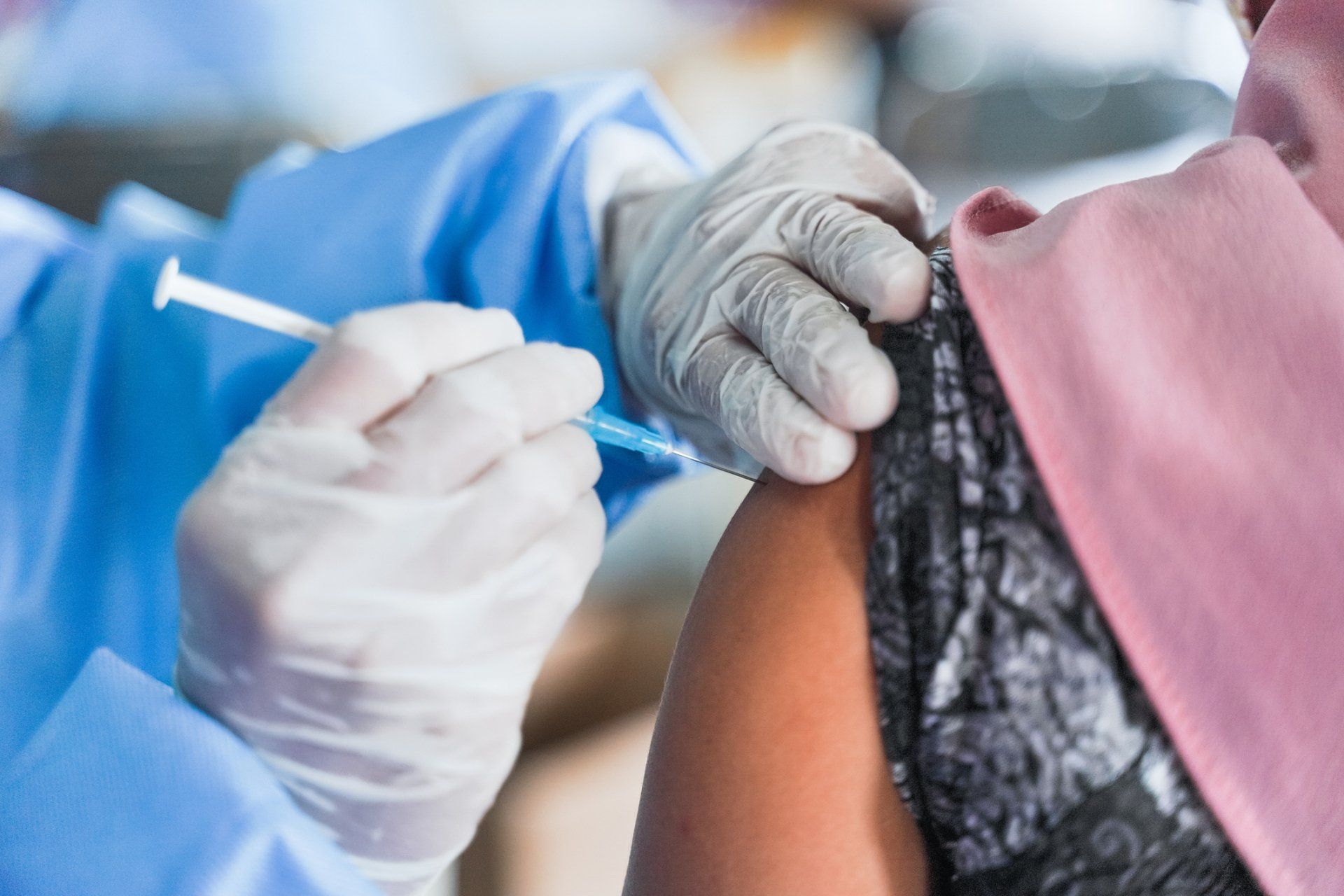The Warning Signs of an Allergic Reaction Following a Vaccination
August 23, 2019
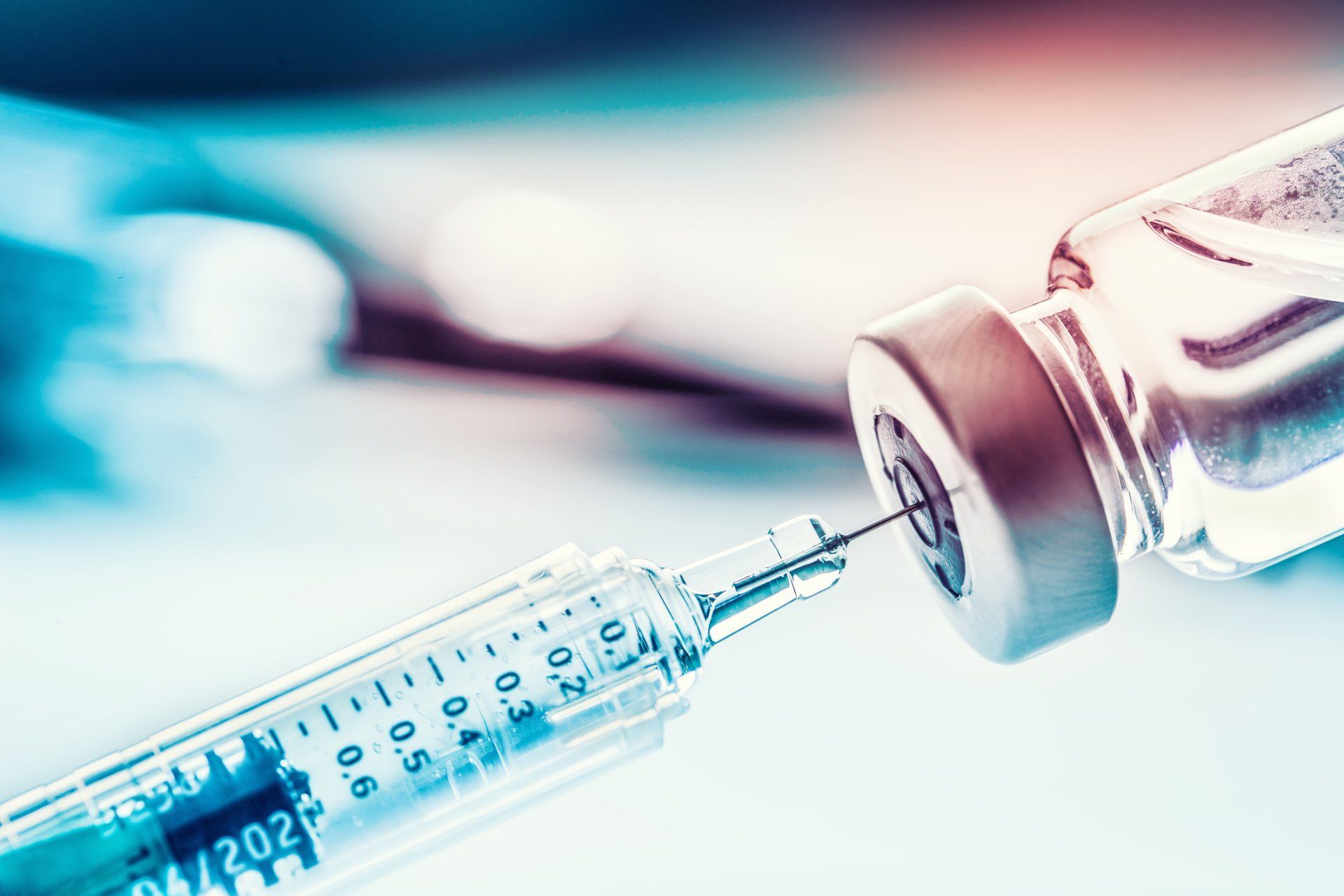
Vaccinations are a hot topic of debate right now. Some people claim that all children should be vaccinated and even that vaccinations should be a requirement. Others claim that vaccines are harmful and may have potentially negative effects. No matter where you stand on this issue, you should know that vaccines can be harmful if the people who receive them are allergic to one of their components.
In order to avoid allergic reactions, allergy testing prior to vaccinations and being aware of everything a vaccine contains are wise steps to take. You'd also do well to be aware of the warning signs of an allergic reaction to a vaccine. That way, help can be sought before a reaction has the chance to become life-threatening.
Immediate Reactions
The most dangerous types of allergic reactions to vaccines are immediate reactions, also known as anaphylaxis. Fortunately, this type of reaction is not common and typically only occurs when a person has a severe allergy to a component of the vaccine.
These types of reactions, if they are going to happen, will typically begin just a few seconds or minutes after the vaccine has been administered. Signs, which may worsen as time passes, will typically include hives and/or swelling of the skin, reduced blood pressure, and difficulty breathing with possible throat constriction.
All people should be monitored carefully for a few minutes after receiving a vaccine to ensure that this type of reaction does not occur and to treat it in case it does.
Fevers
Another sign that can indicate an adverse or allergic reaction to a vaccine is a fever following the vaccination. Fevers are generally not serious, but they may sometimes be cause for concern. Fevers in very young infants, for example, will require medical attention. This is because fevers are much more serious and life-threatening for babies than they are for other children.
In older children, very high fevers, those above 104 degrees, will also require medical attention. Generally, when a fever is this high, the reaction is quite severe.
Injection Site Reactions
Not all allergic reactions to vaccines occur throughout the body. Sometimes, the reaction is localized to the injection site instead.
With these types of reactions, the reaction typically will not manifest until several hours or even a few days after the vaccine has been administered. Swelling of the injection site, redness, itching, and pain are all common and are generally not cause for major concern.
If the swelling or pain becomes very bad, however, you will probably want to see a doctor to ensure that nothing serious is going on. In most cases, though, this type of allergic reaction is quite mild and will clear up on its own.
Rashes
Sometimes, following a vaccine, people will develop rashes. These rashes might occur at the injection site, or they might occur elsewhere on the body.
With some vaccines, rashes are normal and do not indicate an allergic reaction. With others, though, a rash could be a warning sign of a reaction.
For this reason, make sure to educate yourself on the specific vaccine being received and what effects are normal and to be expected, as well as which ones indicate cause for concern. If you're not sure if a rash is normal or not, and/or if the rash is rapidly spreading or getting worse, check in with a doctor.
With vaccines, you'll be better safe than sorry. If any symptoms following a vaccine concern you, consult a professional. And, if a reaction to a vaccine does cause damages or injuries, remember you can seek help through Black McLaren Jones Ryland & Griffee PC.
You may have heard that Autism Spectrum Disorder can result from vaccinations. Read this blog to learn where this myth came from and why it's incorrect.
If you're expecting a child or planning a pregnancy, you may be wondering if and why the COVID-19 vaccine may be recommended. Read to learn all about it.
Even though vaccines are effective, some are reluctant to get vaccinated. Learn the facts about vaccination and how it protects communities.
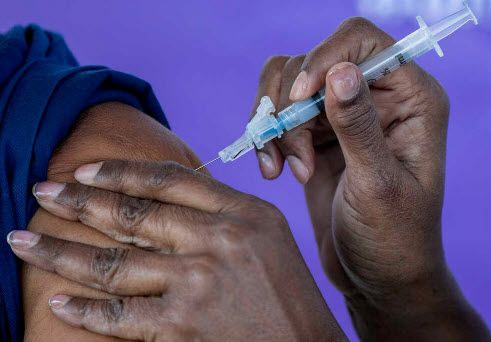
Shoulder injuries following all types of vaccinations are becoming more common as vaccination numbers remain high. Inflammation of the injected shoulder can cause severe pain, limited motion, and other symptoms that last months or years. Sometimes, surgery is even required. Compensation for these specific injuries is available. For a more in-depth analysis of what a SIRVA is and how it occurs, check out the following article. Click Here .
With technology taking center stage in the medical industry, vaccines help to protect billions. Learn about the common vaccine types in existence today.
Every year, a percentage of individuals develop Guillain-Barré Syndrome (GBS) after getting the flu vaccine. Learn about this illness and its vaccine link.
Some parents question if the shot is worth it and safe. Read on to learn about chickenpox vaccine safety and what to do in case of side effects.
